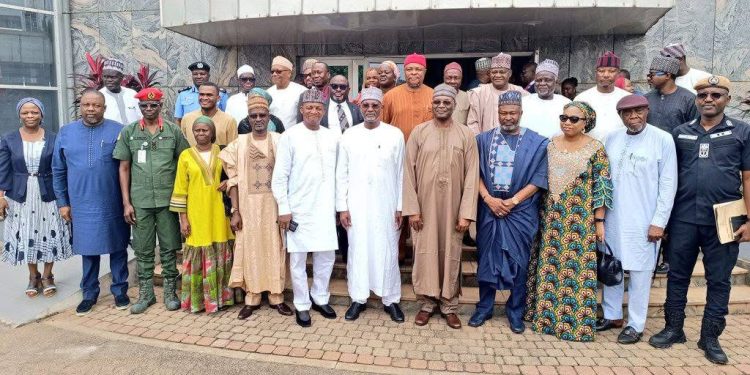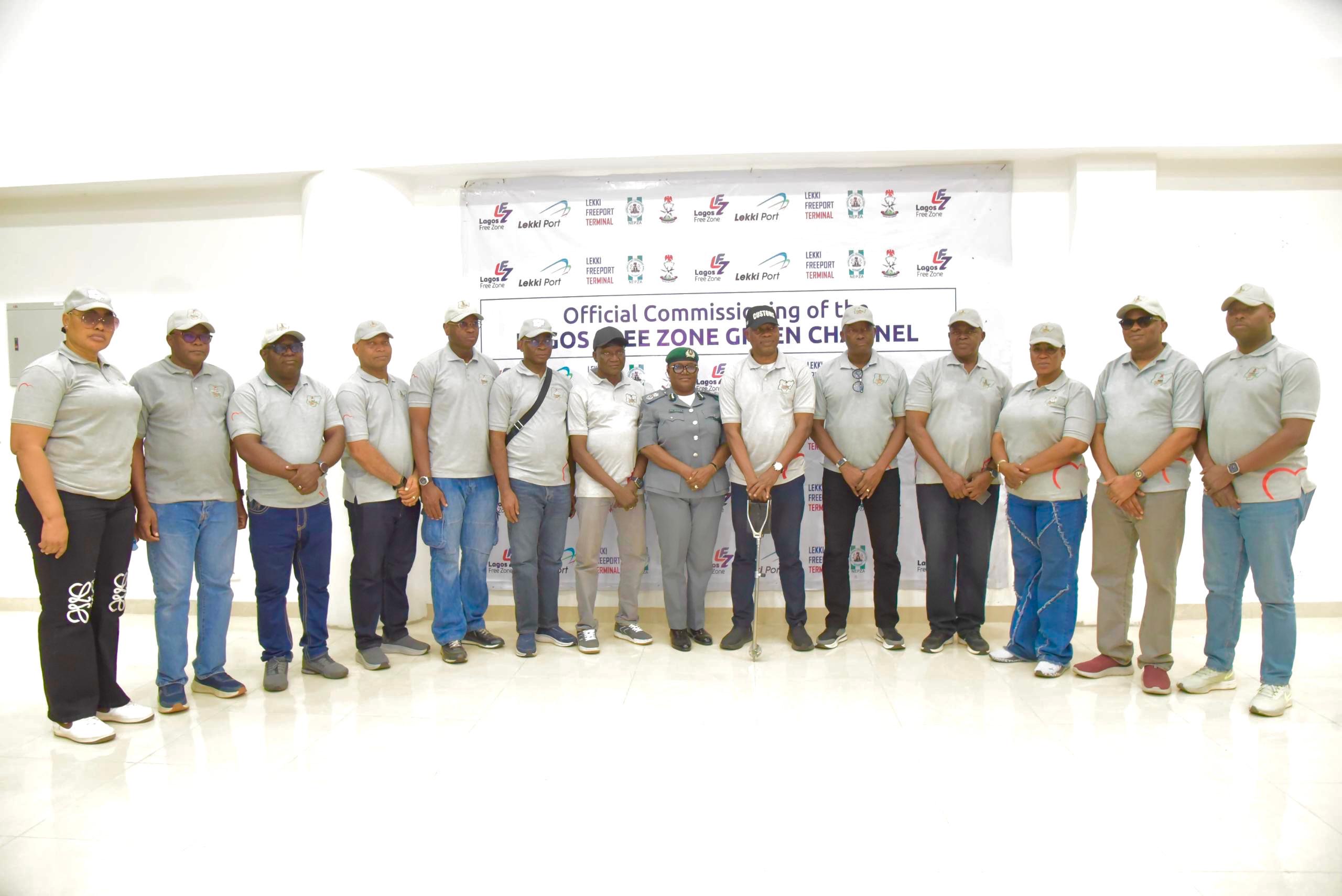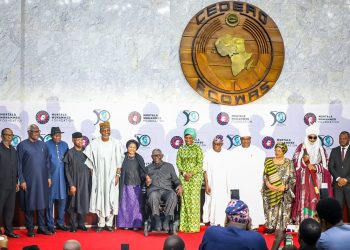By Nkechi Eze
The battle for Nigeria’s 2027 general elections may have already begun in ways that threaten the very foundations of electoral integrity. Long before the official campaign window opens, billboards, posters, rallies, and media blitzes sponsored by shadow financiers have flooded the political landscape, prompting urgent warnings from the Independent National Electoral Commission (INEC), its former Chairman, Professor Attahiru Jega, and other stakeholders.
At a high-level roundtable convened by INEC in Abuja on Wednesday, participants painted a disturbing picture of premature campaigns powered by illicit funds, warning that the trend risks distorting the democratic playing field and weakening public trust in the electoral process.
Professor Jega, who presided over INEC between 2010 and 2015, was particularly forthright in his critique. He lamented what he described as the “brazen use of third-party fronts and dubious financing” to bankroll political visibility years ahead of schedule. “There are allegations that some parties and candidates sponsor premature campaigns hiding behind dubious illegal ‘third parties,’ thereby also breaching campaign finance laws,” Jega declared. According to him, the unchecked flow of money into early campaigns has already created “a spiral of illegalities and lawlessness” that could jeopardize the credibility of the 2027 elections.
INEC Chairman, Professor Mahmood Yakubu, acknowledged the Commission’s difficulties in curbing the abuse. He admitted that INEC is “severely constrained” in monitoring and policing campaign spending outside the official timetable. “Politicians, prospective candidates and third-party agents expend large sums that cannot be effectively monitored,” he said. While the Electoral Act prescribes fines for campaigns that take place within the 24-hour prohibited period before polling day, Yakubu noted with concern that “there is no sanction whatsoever” for campaigns staged years before the official campaign window.
Also raising alarm, Professor Abdullahi Abdu Zuru, Chair of the Board of The Electoral Institute, highlighted the growing influence of third-party actors ranging from political groups to social media influencers. He explained that their activities are driving costs higher and tilting the political field against aspirants without deep financial war chests. “When aspirants compete to dominate visibility long before the official campaign period, it distorts fairness and raises the cost of political competition,” he cautioned.
In his recommendations, Professor Jega urged Nigeria’s anti-graft agencies to intervene decisively, saying bodies such as the EFCC and ICPC must “pay special attention to third-party campaigners and thoroughly interrogate their sources of funding.” He further renewed calls for the establishment of an Elections Offences Commission and Tribunal to ensure violations are punished promptly and deter future abuse.
By the close of the roundtable, the mood was unanimous. Participants agreed that without urgent reforms, premature campaigns and illicit financing would continue to entrench impunity, escalate the cost of political participation, and ultimately compromise the credibility of the 2027 elections. They insisted that Nigeria’s democracy cannot afford another electoral cycle dominated by the unchecked power of money and early propaganda.
As the country edges closer to 2027, Wednesday’s gathering served as both a warning and a call to action: unless reforms are enacted and enforced, premature campaigns may leave Nigeria’s electoral system more fragile and vulnerable than ever before.















